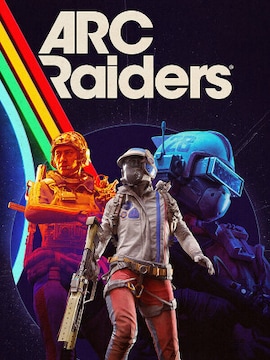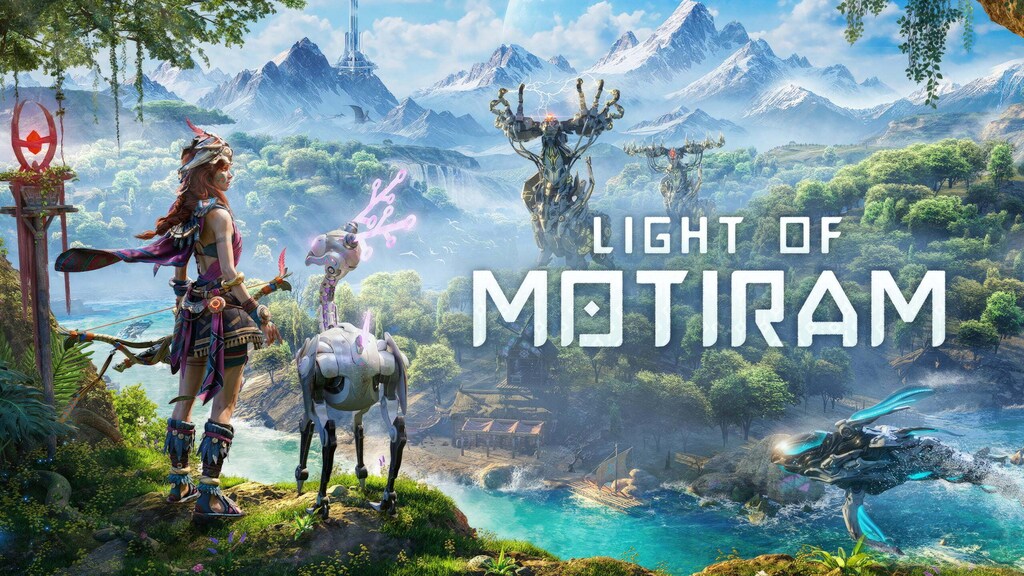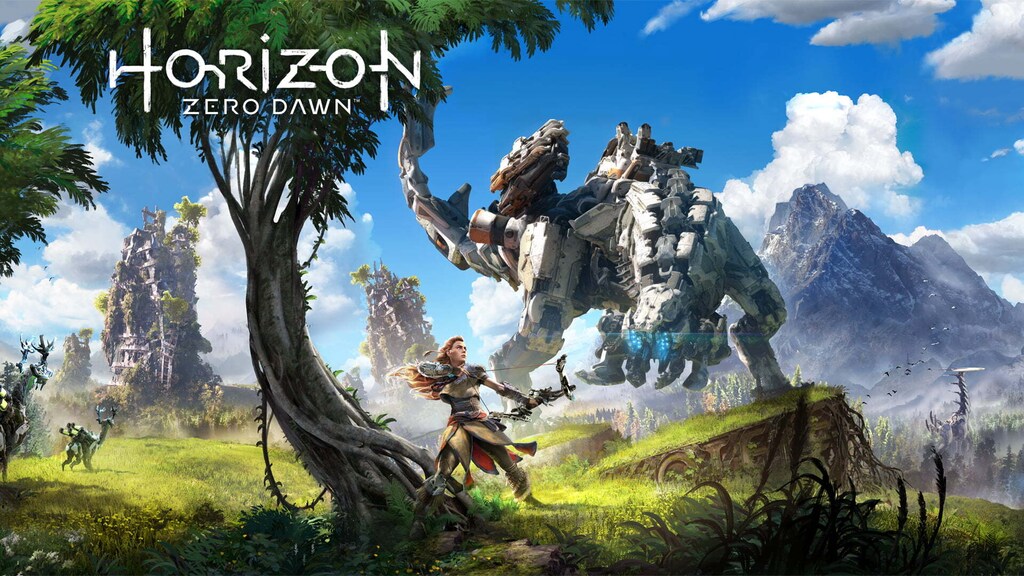Big shakeup in the industry, though honestly, it’s not that surprising if you’ve been watching trailers lately. Sony has filed a lawsuit against Tencent, claiming its upcoming game Light of Motiram is basically a carbon copy of Horizon Zero Dawn.
And yes, this isn’t some small indie case. It’s two of the biggest companies in gaming going head-to-head.
What’s Sony Accusing Tencent Of?
According to the filing, Sony calls Light of Motiram a “slavish clone” of Horizon. They’re saying Tencent didn’t just borrow ideas, they lifted everything: the story beats, visual design, gameplay mechanics, and even the theme. It’s not just about similarities. Sony believes the game was made to intentionally mislead players.
If you’ve seen the trailer, you probably had the same reaction. Post-apocalyptic world overrun by machines? Check. Female red-haired protagonist with a bow? Check. Tribes, survival, taming mechanical animals? Triple check. Sony’s lawyers are probably just reading the Steam page and circling lines in red ink.
Sony vs. Tencent: It’s Not Just Vibes – It’s Visual
Descriptions aside, Sony’s argument leans heavily on how visually similar the two games are. The mechanical creatures in Light of Motiram apparently look like they were ripped straight from Horizon’s design book. One quote in the complaint even says, “Squint at the trailer and it just looks like Horizon with a different girl.” Not exactly subtle.
Why It’s Copyright, Not Patent
Here’s an interesting twist. Sony isn’t suing for patent infringement. They’re going for copyright infringement, which usually means they think the game copies more than just systems. They’re accusing Tencent of copying creative expression, not just functionality. That’s a big distinction. And it means they’re confident this isn’t just a genre overlap.
The Backstory: A Pitch Gone Wrong?
Here’s where things get messy. Back in March 2024, Tencent reportedly pitched Sony on making a Horizon-style game together. Sony passed. Case closed, right? Well, apparently not. Sony now claims Tencent was already developing Light of Motiram at that time and didn’t disclose it. That’s what makes this lawsuit so spicy. It’s not just about game design but more about trust.
Sony says they tried to settle this quietly, but Tencent refused. The lawsuit claims Tencent simply “rejected Sony’s demands” and chose to move forward. The reaction online? A lot of players and critics immediately called it a knock-off, long before any legal drama began.
Sony Promoted the Game?
Now here’s the part where everything gets weird. Sony actually helped promote Light of Motiram last year on the PlayStation China Weibo account. Yes, seriously. A game they now say is infringing on their IP was once featured by their own regional social media. And Light of Motiram is still reportedly coming to PS5 as well as Steam.
So while one branch of Sony is suing, another one was giving the game free marketing. If you’re confused, join the club.
What Makes This Case Different
We’ve seen clone drama before. Vampire Survivors took heavy inspiration from mobile games and Castlevania, but Konami partnered with them instead of filing a lawsuit. Nintendo, on the other hand, did sue over Palworld, though that was a patent issue. This case feels different because it’s not about a scrappy indie studio.
This is Sony going after Tencent, two tech giants going full legal mode. That changes the stakes.
What Sony Wants Now
Sony’s asking the court to block the release of Light of Motiram and is pushing for a jury trial. They’re demanding monetary damages and a full stop on any future infringement. If they win, it’s very possible that the game, at least in its current form, might never launch. That’s not an exaggeration. The lawsuit is looking to shut it down before it even drops.
Final Thoughts: Copycat or Overreaction?
So what do you think? Is this an open-and-shut case of copying, or is Sony overreacting to genre overlap? And what’s with promoting the game before turning around and suing it? The whole thing feels messy, and the outcome could set a precedent for how big studios deal with “inspired” competition going forward.






